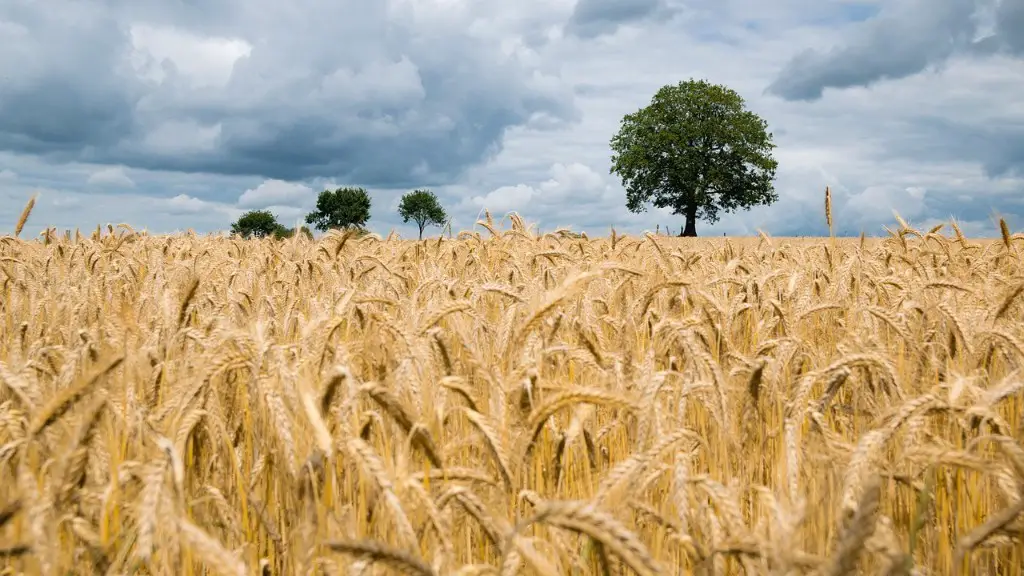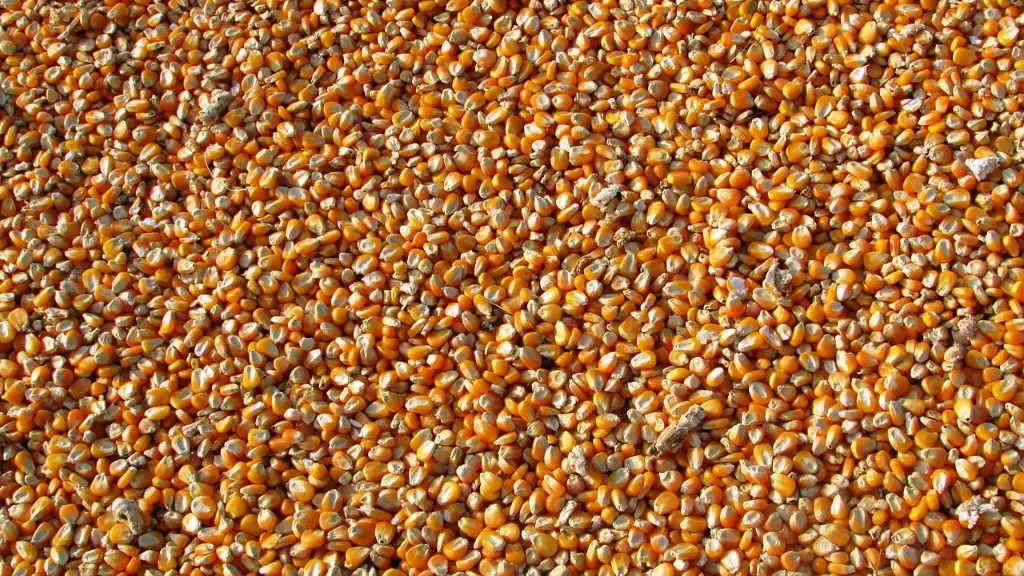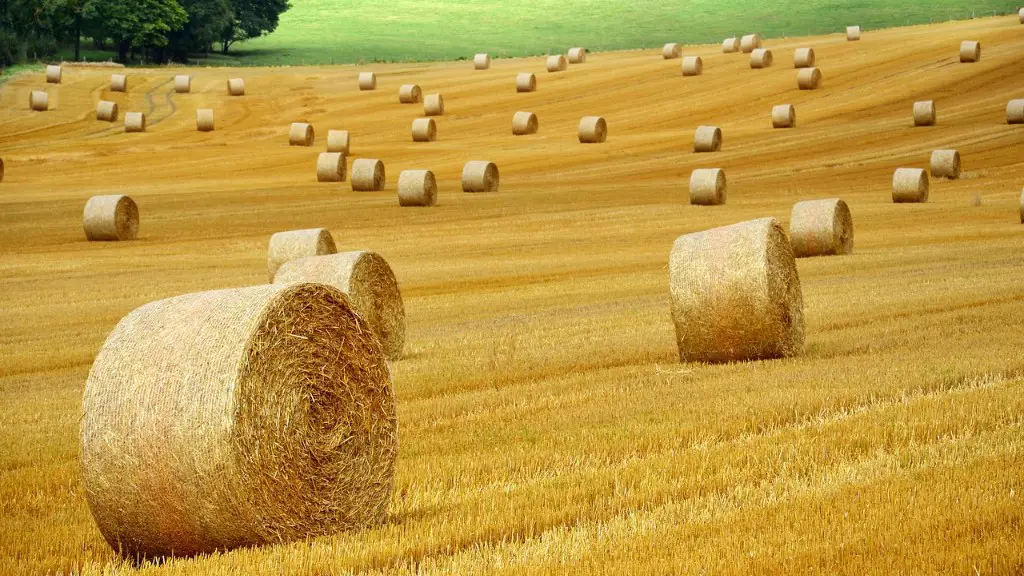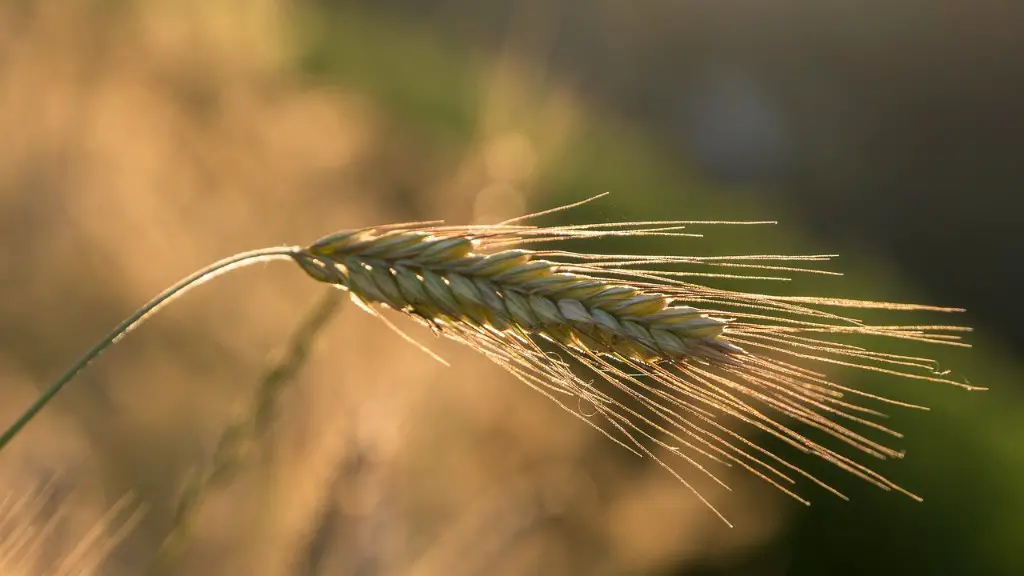Agriculture has had a profound effect on early human societies. The domestication of plants and animals led to radical changes in the way people lived and organized themselves. Agriculture allowed for the development of civilizations and the growth of cities. It also allowed for the rise of social classes and the growth of economies.
Agriculture allowed for the domestication of plants and animals, which led to the development of civilizations. Agriculture allowed for the growth of cities and the rise of civilizations. Agriculture allowed for the development of trade and commerce, which led to the growth of civilizations.
How did early agriculture impact societies?
With more abundant food supplies, denser populations could be supported, and farming would tie people to their land. Small settlements would grow into towns, and towns would grow into cities. Agriculture would produce enough food that people would become free to pursue interests other than worrying about what they were going to eat that day.
Agriculture is the backbone of many societies and has a huge impact on them. It provides food and livelihoods for people, raw materials for industry, and can help to build strong economies through trade. Agriculture also plays a vital role in maintaining habitats and ecosystems, and providing jobs.
What was the biggest impact of the agricultural revolution on early societies
The agricultural revolution had a variety of consequences for humans. It has been linked to everything from societal inequality—a result of humans’ increased dependence on the land and fears of scarcity—to a decline in nutrition and a rise in infectious diseases contracted from domesticated animals.
Before the adoption of agricultural techniques, communities used to be nomadic. This meant that they would move around from place to place in search of food and resources. However, with the discovery of agriculture, communities became better organized and capable of conserving surplus. This led to the development of civilizations centered around agricultural production.
How early agriculture changed the lives of early people?
The increased life span of man due to food availability has led to the establishment of trade due to surplus goods. This has led to people going in to other fields such as crafts and religion. The increased life span has also led to the development of new religions.
Agriculture is one of the leading causes of biodiversity loss around the world. Natural habitats are being converted to farmland and pasture, while pesticides and fertilizers are polluting the environment. Soils are also being degraded, leading to a loss of biodiversity.
What are 3 effects of agriculture?
While the development of agriculture in a region has many positive effects, there are also some negative effects that need to be considered. Inorganic nitrate pollution, pesticide pollution and salinity problems can all be traced back to agricultural practices, especially in regions where intensive farming is the norm. These problems can have a serious impact on the environment, and steps need to be taken to mitigate them.
Land denudation, aquatic toxicity; leaching, run off and lifetime health equivalent are some of the complicated environmental hazard and health menace that both agricultural activities and food processing can cause the environment and the occupants. These are just a few examples of the many ways that agriculture and food processing can impact the environment negatively. It is important to be aware of these potential hazards in order to minimize the negative impact that they can have.
What are the benefits of agriculture to the society
The World Bank Group is a leading financier of agriculture. It is committed to helping countries reduce poverty and improve food security for the poorest people in the world. Agriculture can help reduce poverty, raise incomes and improve food security for the majority of the world’s poor, who live in rural areas and work mainly in farming. The World Bank Group provides financing, technical assistance and knowledge products to support countries in their efforts to reduce poverty and hunger.
Agriculture allowed for more settled societies and encouraged population growth. It also led to the development of social classes and a more complex society.
What were the 3 major results of the Agricultural Revolution?
The Agricultural Revolution, which began in the mid-17th century, was a period of increased agricultural production in Britain. This was due to new agricultural practices, such as crop rotation, selective breeding, and a more productive use of arable land. These innovations led to an increase in food production, which helped to support the growing population of Britain.
The Agricultural Revolution saw a dramatic increase in agricultural production and technological advancement. This led to unprecedented population growth, new agricultural practices, and the development of a coherent and loosely regulated agricultural market. All of these factors contributed to rural-to-urban migration, as people sought out new opportunities in the cities.
Why Was agriculture an important event to humans in early history
Agriculture has been a key part of human development for centuries. It has allowed us to grow all the food we need in one place, with a much smaller group of people. This has led to massive population growth, creating cities and trade. Agriculture has also been a key part of our economy, providing food and jobs for millions of people.
Agricultural societies can produce more food than hunter-foragers by actively managing their food supplies. This allows them to support denser populations, as there is a larger market for their surplus food.
How did farming change the lives of early Americans?
Farming allowed people to stay in one place and not have to travel to find food. They were able to build stronger, more permanent homes and protect themselves with walls.
Agricultural practices have had a significant impact on society, changing diets, the role of women in agricultural production, and the economic purpose of agriculture. These changes have had a positive impact on society, providing more food for a growing population and improving the standard of living for many people. However, there are also negative impacts of agricultural practices, such as the loss of biodiversity and the pollution of the environment.
Warp Up
The effect of agriculture on early societies was both positive and negative. On the one hand, it allowed for the growth of civilizations and the development of new technologies. On the other hand, it also led to the division of labor, the introduction of private property, and the rise of class distinctions.
The effect of agriculture on early societies was profound. Agriculture allowed for the development of civilizations and the growth of cities. Agriculture also allowed for the domestication of plants and animals, which led to the development of new technologies and the growth of trade. Agriculture has had a profound impact on the course of history and the development of human societies.





